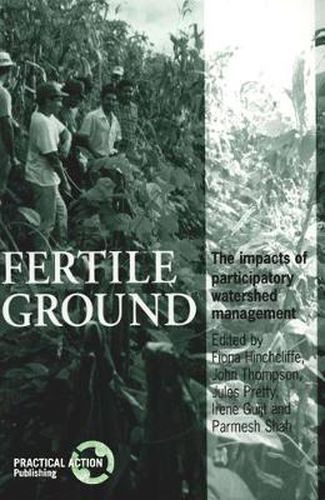Since the mid-1990s, growing concerns about environmental degradation, declining agricultural productivity, and increasing population pressures have led governments and agencies to seek new approaches to natural resource management. This text addresses this problem by presenting the findings of a formal study and in-depth research project into the impacts of participatory watershed management in a wide range of agroecological and socioeconomic settings in Africa, Asia, Australia and Latin America. The 23 case studies included here present a complex picture of the problems, achievements and continuing challenges faced by conservation professionals and farmers around the world. They provide compelling evidence of the importance of local people’s involvement in natural resource planning and management. At the same time, they reveal how difficult it is to scale-up and institutionalize participatory approaches in large, sector-based programmes, particularly in government bureaucracies. This collection offers no shortcuts to better land husbandry or enhanced rural livelihoods, but it does provide an analysis of the biophysical, socioeconomic and institutional impacts of development and management practices, and to point to practicable and realistic ways forward for both governments and external support agencies.
Read More





